Svojat | Interview | New Album, ‘Ošili me modro’
Svojat is the kind of band that makes you rethink the very definition of what music can be, tearing apart conventional norms and reassembling them into something wild and exhilarating.
These audacious sonic alchemists are stitching together a variety of styles, including Balkan folk, into a chaotic quilt of brilliance that’s as unpredictable as it is exhilarating. Their latest album, ‘Ošili me modro’ (released via ENTE Tapes), isn’t just a collection of tracks—it’s a full-blown assault on the senses, a fever dream of creativity that takes you on a rollercoaster through the twisted alleyways of their collective imagination.
And let’s talk about their performances. When Svojat hits the stage, it’s not just a gig; it’s an existential event, a ritualistic explosion of sound and vision that challenges your very understanding of what music can be. Their album artwork alone deserves its own manifesto—a visceral testament to their relentless drive to defy convention. This is music for those who crave something more than the ordinary, for those who live on the edge of the avant-garde. For those who seek music that goes beyond the ordinary, Svojat delivers a distinctive and memorable experience that sets them apart.
Svojat are long-time collaborators—Andrej Fon, Ivo Poderžaj, and Vid Drašler (who have played in Borghesia, Olfamoštvo, Žoambo Žoet Workestrao, TiTiTi, the Zlatko Kavčič Combo, Oholo, and many more). This band might just be one of the most exhilarating outfits to emerge from the Slovenian scene in years.
‘Ošili me modro’ is a glorious cacophony of wild abandon, fusing the chaos of New York no-wave with the electric fervor of the former Yugoslavian new wave. The trio’s genius lies in their reckless embrace of nostalgia and noise, churning out a frenetic soundtrack that’s as raw and unapologetic as their earlier work with Strahuljarji and Vi7K. This record is a raucous celebration of artistic freedom, a defiant middle finger to the mundane.
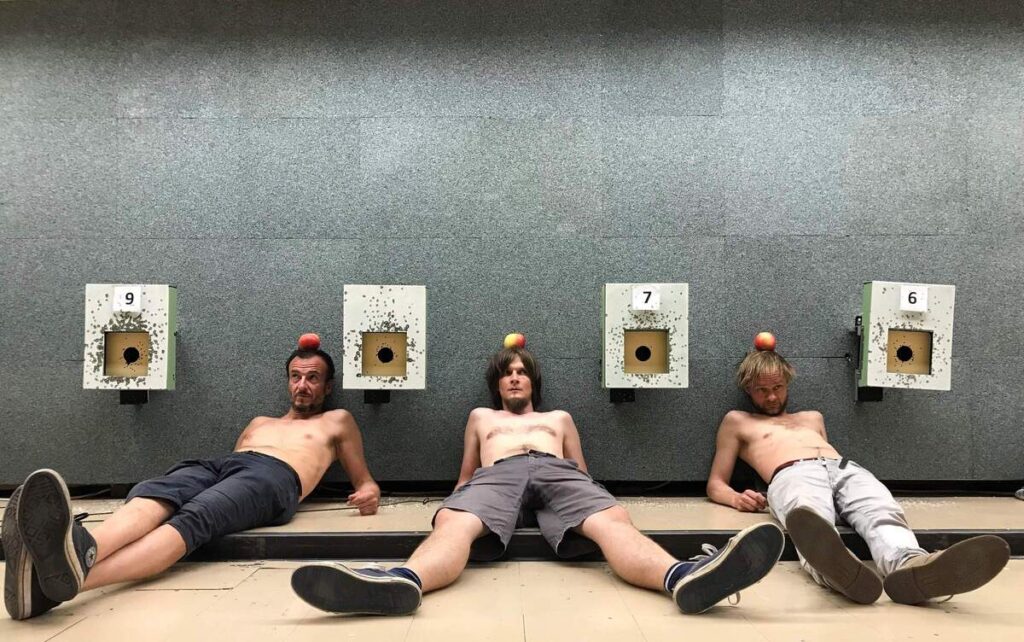
“Cohesiveness is one of the boundary markers”
The new album, ‘Ošili me modro,’ seems to draw from a wide range of musical influences, from the noise scene to no-wave. How do you balance these diverse influences while maintaining a cohesive sound?
Andrej Fon: Besides what you mentioned, I’m quite a lover of various ethnomusicological field recordings, mostly African in recent years. My latest mania regarding playing instruments was the guembri, the acoustic bass used by the Gnawa in Maghreb. I even made some bass lines for the new album, transferring the fingering from the guembri to the electric bass guitar. But even more, I’m interested in the polyrhythmicity and different musical lines coming together and building the whole—something often crucial in African song-making. There must be a word for this, but I don’t know it…
Regarding cohesiveness: I don’t think of it while making the songs. Some of it comes naturally when the same people play the same instruments with the same amps, attitude, taste for music (quite wide), and intention.
Ivo Poderžaj: What you call influence(s) can only be qualified as separate genres in retrospect. A sum called Svojat is another man’s meme. After all, cohesiveness is one of the boundary markers—not to say objectives—when transitioning from white noise to composition, to a tune.
Could you discuss the creative process behind ‘Ošili me modro?’ How did the songs evolve from initial ideas to the final recorded versions?
Andrej: It’s quite a long process—trying many things, then dismissing them, going in one direction, coming back. Someone brings a riff or a groove, and we start with it, then we get stuck. It’s not always a pleasant journey. We play around (torture?) with the sound material and the ideas until all three of us are more happy than unhappy.
Ivo: Ideas are a product of my, Vid’s, or Fon’s respective understanding of what is beautiful, whatever that means. In the washing machine of translating these particular seeds into three-piece rock ‘n’ roll songs, they might have shrunk, discolored, recolored, expanded, gotten entangled with other items, or sometimes drowned.

You all come from very rich musical backgrounds. What makes Svojat special? Is there a different approach to music-making in this project compared to your other endeavors?
Andrej: Yeah, it was my wish, years ago, to form a loud guitar, bass, and drums band similar to what I played as a kid (Strahuljarji). So, it was a decision at the beginning of forming the band to use the sound and vocabulary of no wave, noise rock, and psychedelia. I started to miss this in my life, while in the time in between I had been engaged in other genres like improv, singer-songwriter, folk music, and free jazz. I also did music for theater, performances, children’s puppet shows, cartoons, etc.
Ivo: Thank you. I also like to think we are special, but we are not. What is different is these three particular individuals reshaping fairly basic constructions to their liking.
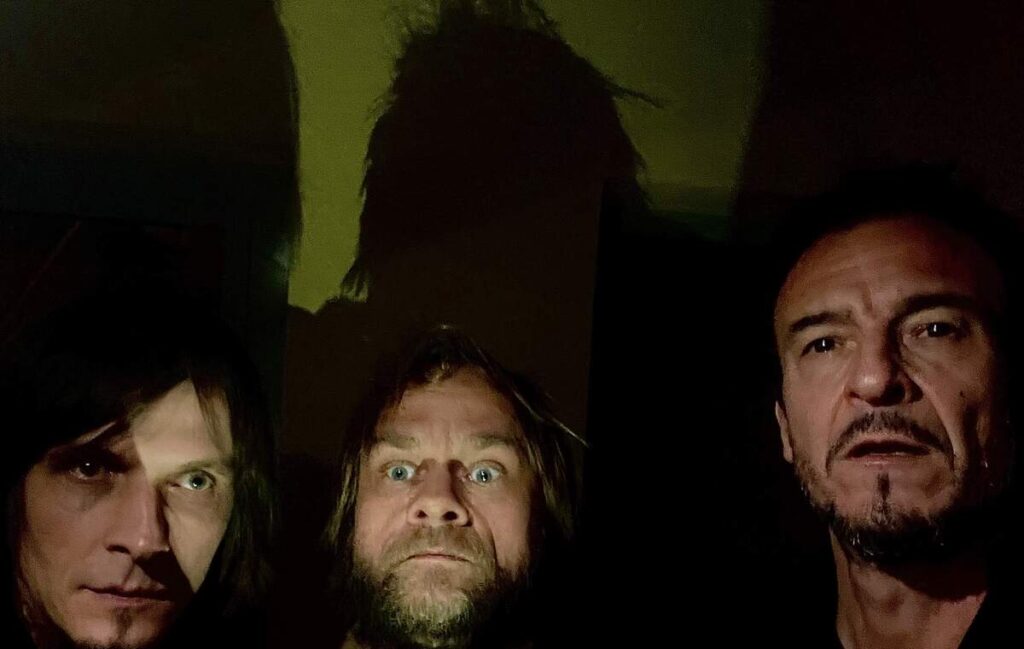
Could you shed some light on the lyrics of the new album?
Andrej: One is from Ivo; the others are mine. I’m not very picky for Svojat because I think most people can’t hear them during the concerts. Some find them funny, some start from a wordplay or a stream of consciousness and then, almost by accident, find some meaning. I think there is something anxious underneath the parodical layer.
Ivo: The one I wrote is a simplistic verbalization of a caricature I’d seen, depicting the progressive rise of waves of an epidemic, followed by radicalized capitalism, and then off-kilter nature. For the reader of these lines from Uzbekistan, I embedded an English translation into the video for the song ‘Tri Disgracije.’
‘Ošili me modro’ was recorded with sound engineering by Hrvoje Nikšić, who also mixed and mastered the record. How did working with Nikšić contribute to shaping the final sound of the album?
Ivo: Hrvoje is old-fashioned to our liking. Recorded music is a beast quite different from its original—live performance—and demands compromising and alternative solutions.
We were aware that the excruciating process of achieving a sound that would compensate for the lack of a live situation—with its real-life echoes, interferences, unpredictability, and the listeners’ sweat—would prove a Sisyphean task, considering the songs would predominantly be consumed on phones and computers. We did it for the 400 lucky owners of our CDs and LPs, which, by the way, sound different. Namely, Hrvoje made several master versions. Plus, the LP was mastered by Janez Križaj. The most retro-sounding and eco-friendly Hrvoje version—the one post post fine-tuned using tape recorders—can be heard online via Bandcamp and YouTube.
Can you discuss the visual elements of the album and how they complement the music?
Andrej: I’m an undeveloped visual artist who never dared to go to study painting, and now I force my bandmates to use my painting attempts for the album covers to overcome my frustration.
Ivo: The two videos we’ve made so far are there so the Svojat links you are sharing with your friends are postcards with pictures rather than mere I-wish-you-a-pleasant-demise-of-the-world ditties. The cover was made by Andrej, since he is the only one in the band who paints. My attempts in visual art were ridiculed by my dear friends when I designed posters for the events at Menza pri koritu. I loved them both.
Looking ahead, what are your plans for the future of Svojat?
Andrej: Make new songs, promote the new album even abroad. Switzerland, France, Italy, Netherlands? Can you hear us?
Ivo: Let’s heal from this labor first.
Now, I would like to go back a little bit. Ivo [Poderžaj], you are from the band Žoambo Žoet Workestrao. Could you elaborate on the formation of Žoambo and what was the initial concept behind it? What is the current state of the band?
Ivo: We started it as a band producing music we could not hear elsewhere—but isn’t that any musician’s self-deception? Initially, we were three members of Vi7K—a hardcore band from the late ’80s (Gregor Belušič and Erik Mušević). After the fascination with noise and rock, we were reinventing the wheel by studying traditional music from around the world, especially from the Balkans, as Marjan Stanić brought in an appreciation for some roots sounds. At the same time, I was interested in beauty stemming from structure and intentionally disregarded music’s other parameters, such as the quality of sound. Žoambo has been hibernating since 2017.
Andrej, you joined Žoambo in 2002, and you are also very active in other projects such as Olfamož. Could you share some further words about that?
Andrej: With Žoambo, I joined as a sideman on sax out of great admiration for their work, but I never felt very handy; it was too complex for me, I guess. I’m quite a primitive reed blower.
Olfamož was initially a one-man band, combining singing my words and worlds with a few prepared guitars, some toys, kalimba, accordion, and gajda. They call it an outsider singer-songwriter project. Then, as a result of recently gaining the status of self-employed in culture, I applied for a grant from the Ministry of Culture and wrote down a project that I had imagined in my head. We received a bit of money and realized this 12-member orchestra, mostly friends from the impro scene. The music isn’t improvised; it’s more of a coincidence. I invited them because we were friends and they are good, versatile musicians. It meanders quite freely between different kinds of music that I/we liked. It was well received by the public.
Andrej, could you tell us about the Barka tone in bele plombe and Horda Grdih?
Andrej: Horda Grdih was an acoustic folk band. We played folk songs mostly from the Balkans. I played various instruments like gajda, dotara, bendir, darabuka, mandolin, and flute. Even Samo from Širom played with us.
Barka Tone in Bele Plombe was a weird rock band. We released an album, ‘Jasna slika črni oblak.’ Our singer was Dani Kavaš, a fallen hero from the end of the ’90s. The other guitar player was Martin Ukmar (Psihedelavci, Kislu Grozdje, Tovariš Strmoglavljen—check them out!).
Ivo, how did Wuollahee!! come about?
Ivo: I was invited by Elvis Shuke to join him, Dejan Gotal, and Nadan Rojnić, who had already been making music together. It was improv punk, actually, as our domiciles were Ljubljana, Geneva, and Pula, where our summertime base was. The tours in Switzerland, Slovenia, Croatia, and Serbia were a rock ‘n’ roll road movie. We also made a few songs with Franci Blašković—or was it a whole album?
Tell us about your collaboration with Borghesia.
Ivo: It was quite short-lived. I jumped in during the recording of ‘Protikapitulaciji’—an album with the original poems by visionary Slovene poet Srečko Kosovel (check him out)—when the original singer, Dario Sereval, was unable to perform live. After that, Aldo Ivančić initiated a super sexy album, which we have more or less completed with Sašo Benko. It is now waiting for a wise enough publisher.
Vid Drašler, you have a diverse background spanning jazz-rock with Zmajev rep and Malik, as well as collaborations with artists like Zlatko Kaučič and Linda Sharrock. How do you feel these experiences have shaped your approach to music and improvisation, particularly in Svojat?
Vid Drašler: I think that everything you have played and everything you will play influences how you play at any given moment. It seems to me that what I play in Svojat is not only what I want to play, but it’s also about aiming for a common sound, listening to the cues of Ivo and Andrej. The arrangements are the work of all three of us, including my contributions on my instrument. I don’t feel that playing with Svojat is something very much mine; it’s something very much from Svojat—at least that’s how I want it to be. But for me, it’s important that I like what comes from Svojat.
“This is the music school I never went to”
I am sure I haven’t mentioned all of the projects you three are involved with. Could you discuss any other projects you are currently working on that you would like to mention to our readers?
Andrej: Oholo! is a free jazz septet that Vid invited me to play with. I am very grateful to have the chance to play and learn from real jazz players, although sometimes I still feel I’m cheating. I never learned the instruments I play in a very systematic way, so there are big gaps in my playing technique; I’m quite limited. Only expression, intuition, and intention can keep me above water… A new album is coming in autumn!
We have a fresh improv trio now called Mulčer. This was our first gig: link.
Vid: We have recorded a new album with Oholo!, which will be released in September 2024. We are working on new material for an album with the trio TiTiTi, which will be recorded as a quartet with Marina Dzhukljev. Last year, we founded the Non-Aligned label with Mitja Hlupič and Jošt Drašler and released our first album with Norwegian clarinetist Andreas Røysum, Jošt on double bass, and me on drums. We play in Norway in September. We released our second album, ‘Forest/Forest,’ with Daniel Thompson and Tom Jackson on the Jazz Cerkno label, and we’ll be playing a few gigs in the UK in November.
Daniel Thompson is a guitarist, and Tom Jackson plays clarinet. Wonderful musicians.
I’m thinking about a second solo album. Bad idea.
Ivo: I am playing the bass with Redotting. We call it a soundtrack for an invisible movie. It’s the most “normal” thing I’ve done. I have always wanted to create music with two electric guitars, plus bass and drums. After two sessions with Cene Resnik and Szymon Gasiorek, we might start composing in September. I am always honored when my high-skilled improv friends invite me to play with them. For me, this is the music school I never went to.
What are some of the most important players that influenced your own style and what in particular did they employ in their playing that you liked?
Andrej: Captain Beefheart, Anthony Braxton, US Maple, Billie Holiday, Skip James, Arab on Radar, Trumans Water, Kislo Grozdje, No Means No, The Residents, Pere Ubu, Nirvana, Sonic Youth, Haradhan Das Baul, Buldožer, Už jsme doma, Markos Vamvakaris, Bismillah Khan, Abida Parveen, Tristan Honsinger, Karen Dalton, many Gnawa maalems, Steve Lacy, Tom Ze, Seijiro Murayama, Lee Scratch Perry, and many unknown musicians—some of them are so touching, some do it in their own way, some are really brutal, some are very humorous, and some are everything at once.
Ivo: JS Bach & The Beatles – simplicity in complexity; I. Stravinsky & Jesus Lizard – subtlety in brutality; US Maple & Nina Simone – happiness in agony; No Means No & Conlon Nancarrow – precision in a stampede; D. Šostakovič & Captain Beefheart – rock and roll….
Vid: I must mention my mentor Zlatko Kaučič, who opened up the world of music to me in a very broad way. Each octopus tentacle was music with a different poetics and aesthetics. It was a very wide world in terms of genres, but if I limit myself to jazz, there were so many musicians I listened to that there is no point in listing all their names.
Let’s end this interview with some of your favourite albums. Have you found anything new lately that you would like to recommend to our readers?
Andrej: I’m stuck on Still House Plants; probably most of your readers know them, though—but that’s how it is. And there is this young teenage Slovenian band, Bibliban! They are great!
Ivo: Can the readers please recommend some new music in the vein of the previous question?
Vid: After the Darius Jones Trio concert at the Jazz Cerkno Festival, I’m a big fan at the moment. So, I recommend the albums ‘fLuXkit Vancouver’ (it’s suite but sacred) and the solo ‘Raw Demoon Alchemy (A Lone Operation).’
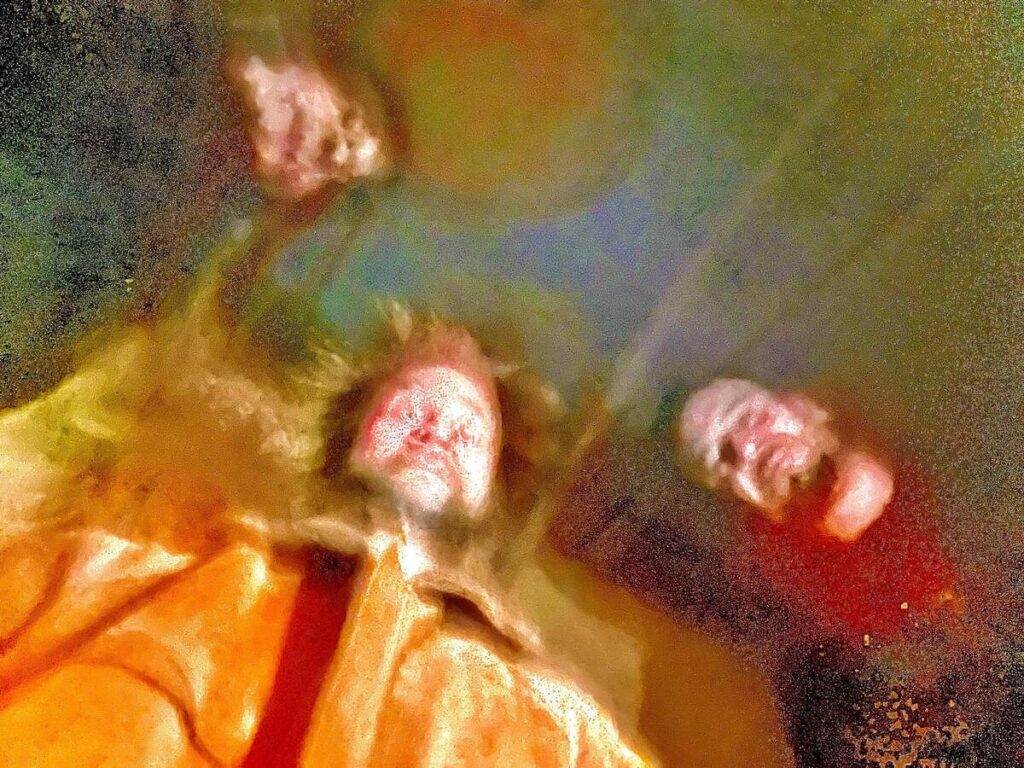
Thank you for taking the time. The last word is yours.
Andrej: I will write it on a piece of paper and put it on top of my collection of the last words that I keep in my oven. Thanks for reading!
Ivo: Why am I typing this at 6 a.m. instead of talking to you, Klemen, over a beer?
Klemen Breznikar
ENTE Tapes Facebook / Instagram / Bandcamp / YouTube

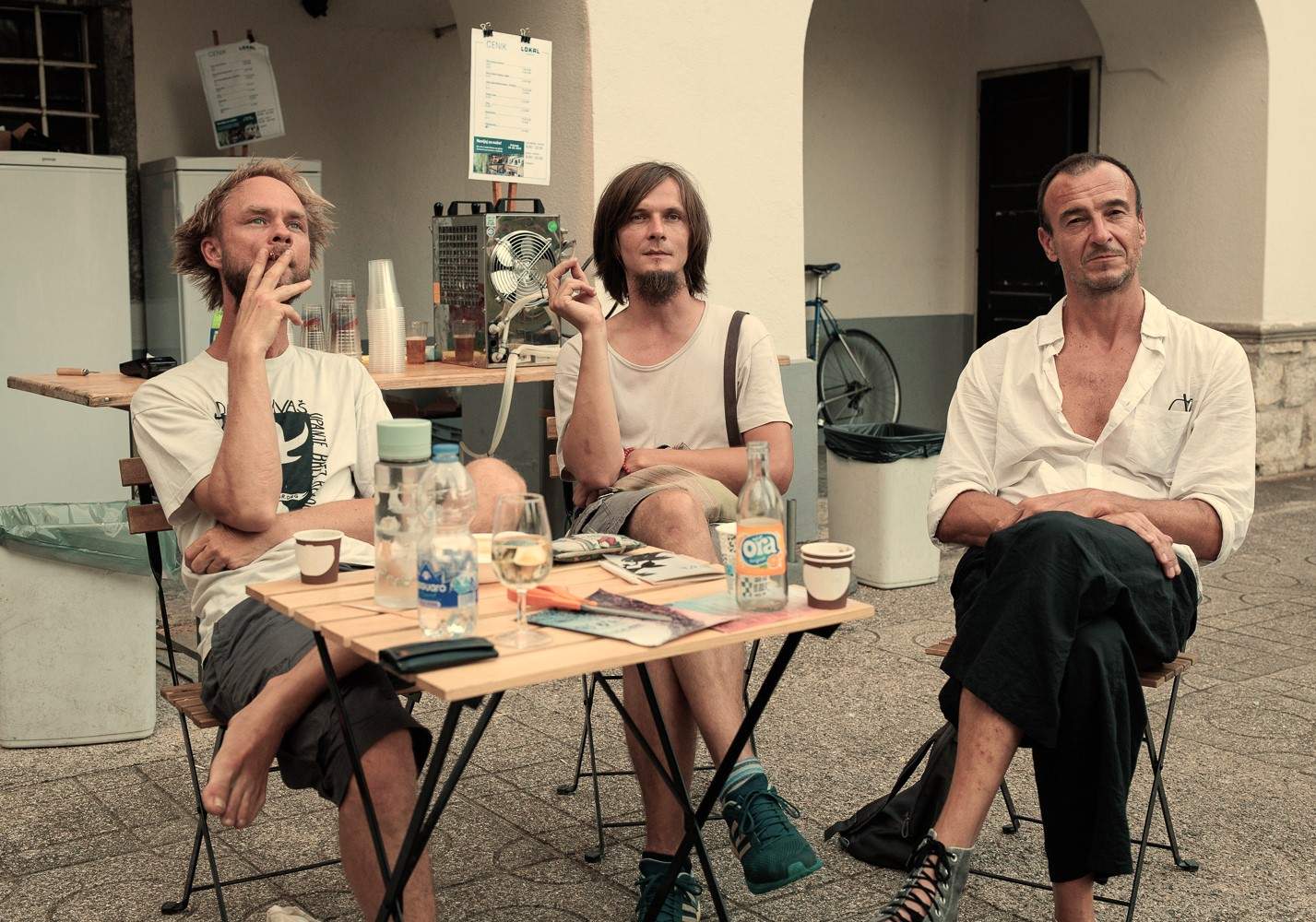
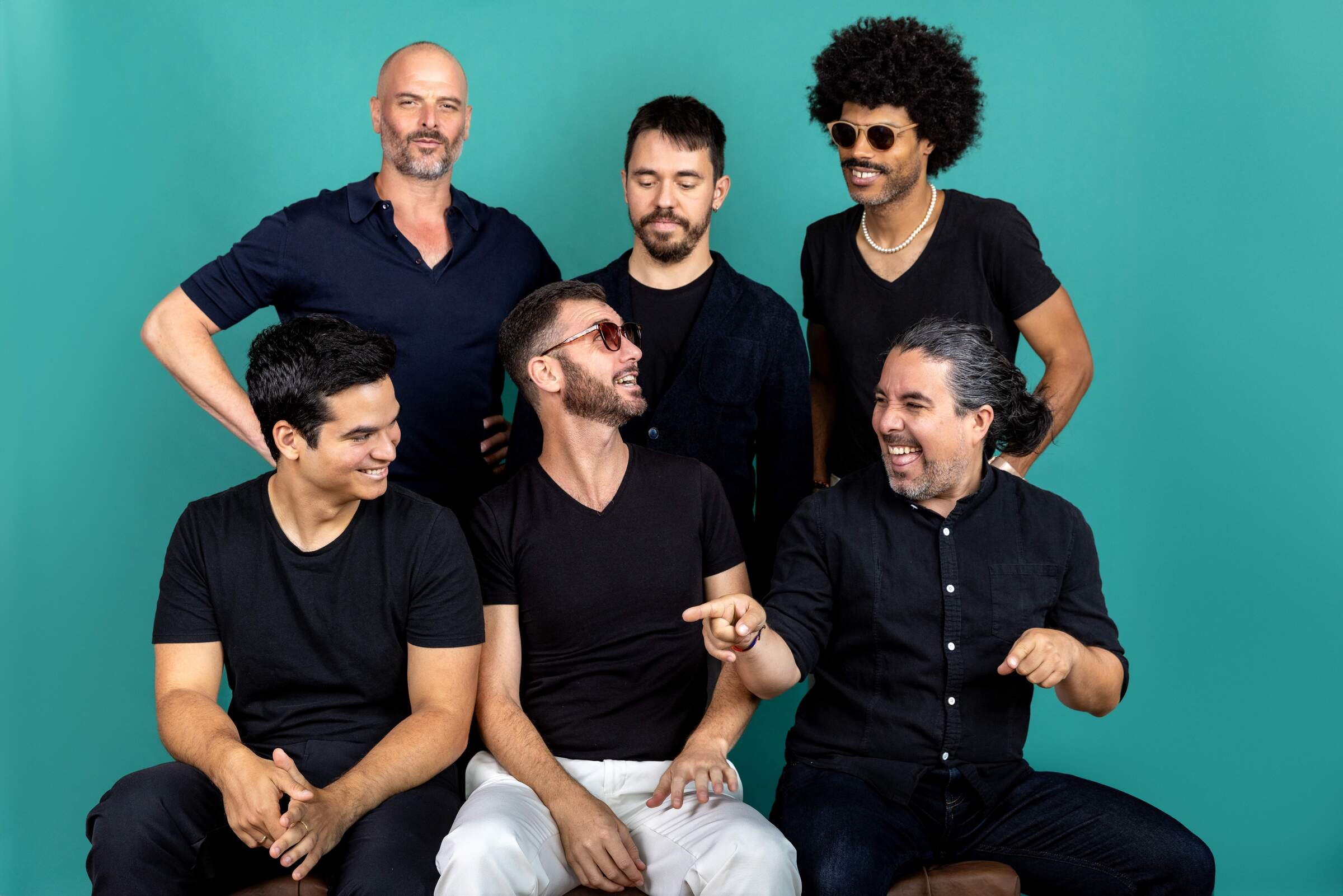
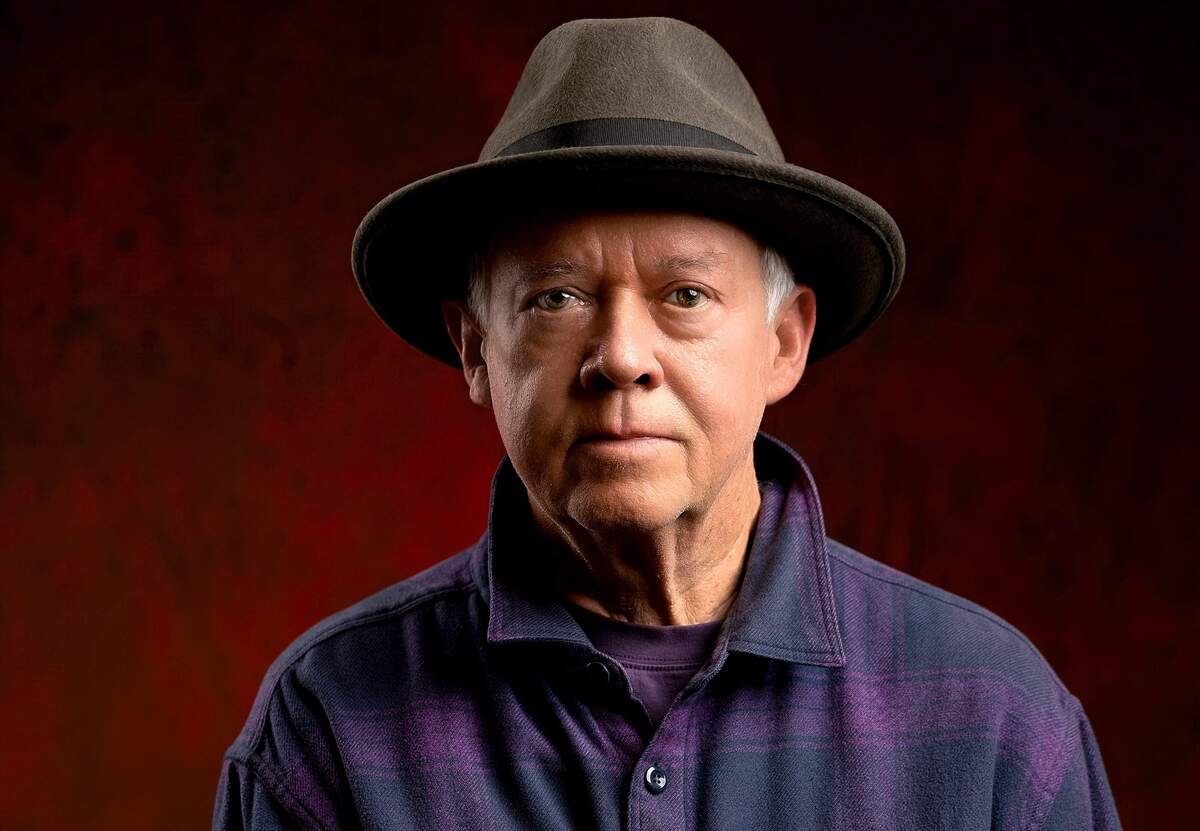
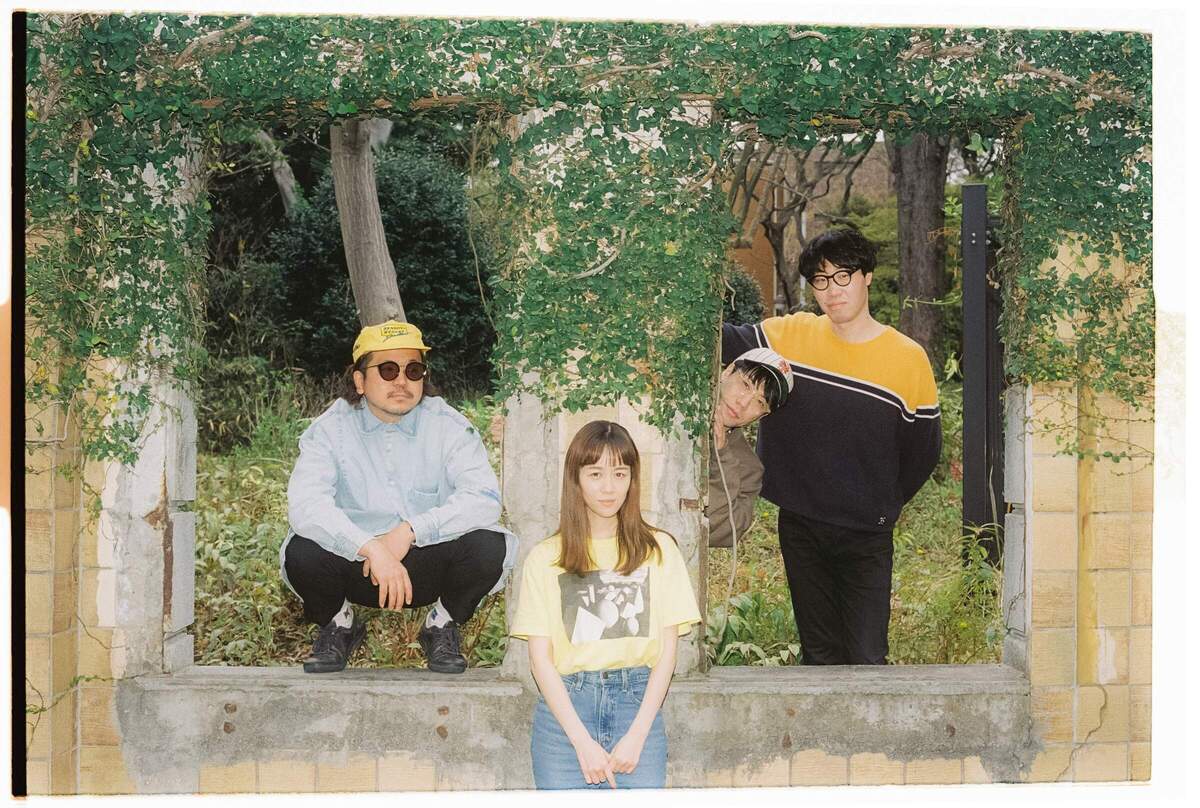
bibliban vsakidan!!